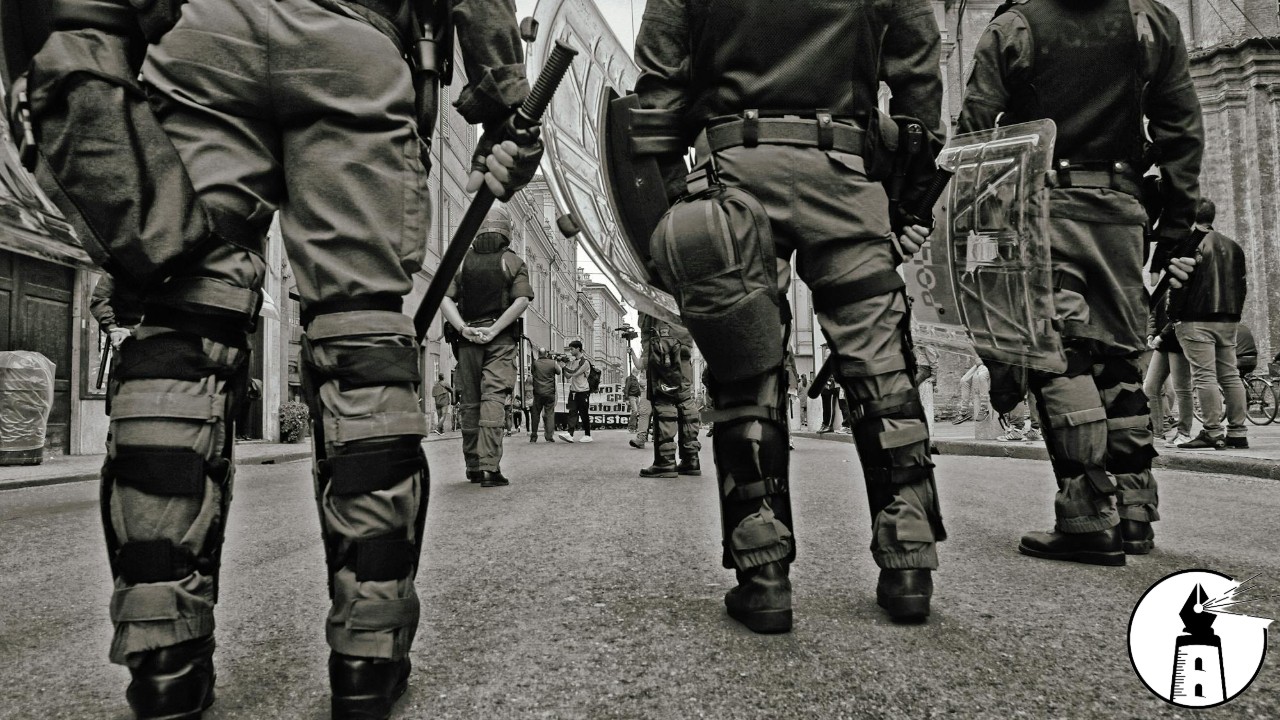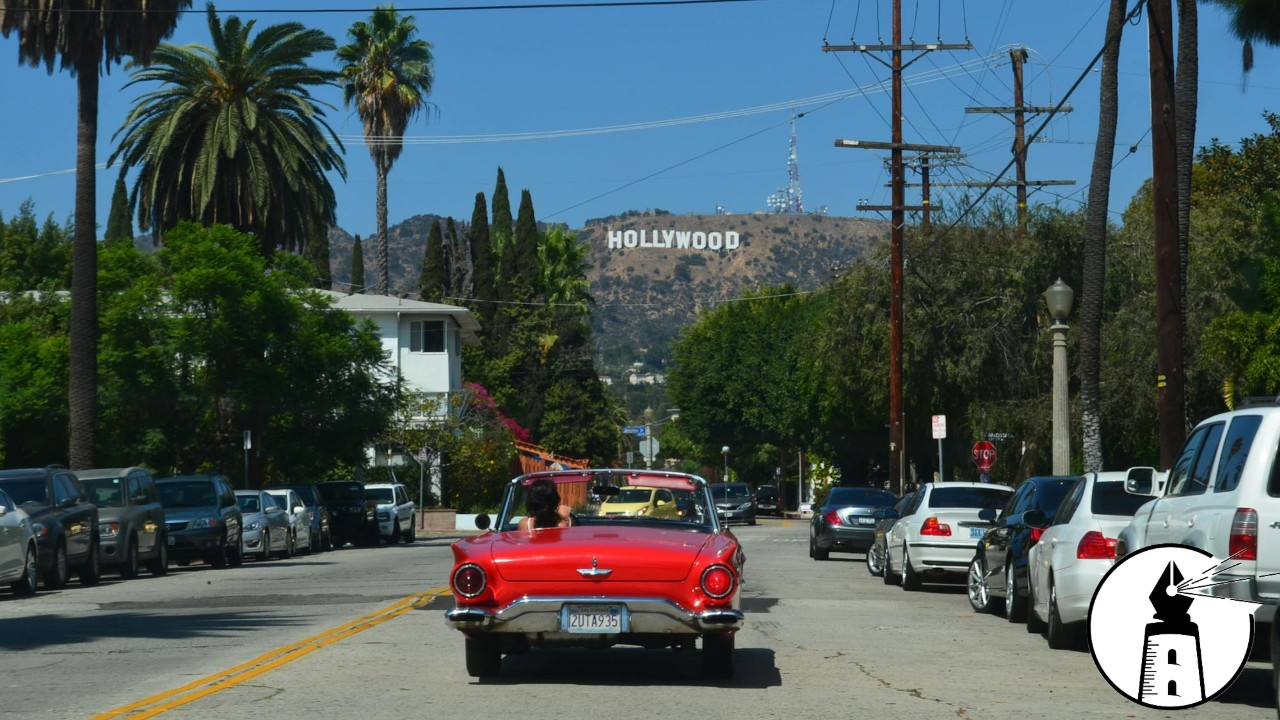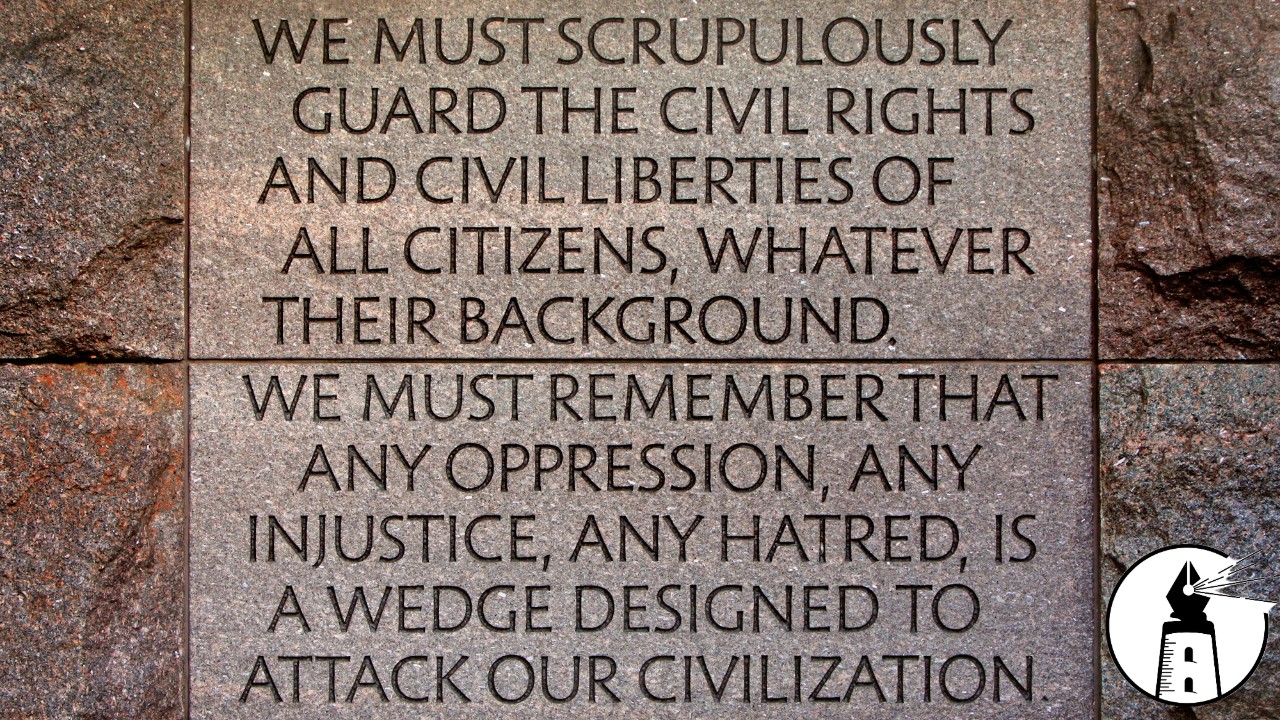Recent events surrounding immigration enforcement under President Donald Trump’s second term have reignited concerns about the erosion of constitutional rights and the unchecked power of federal agencies. Reports out of Chicago paint a troubling picture of a government willing to sidestep legal agreements and due process in pursuit of aggressive immigration crackdowns. The question now is whether these actions signal a deeper shift—one where constitutional protections become conditional, and law enforcement operates beyond accountability.
Attorneys and advocates in Chicago have sounded the alarm over a series of immigration arrests that, they argue, violate both federal law and established legal agreements. A lawsuit filed by the National Immigrant Justice Center and the ACLU of Illinois alleges that ICE agents have ignored key safeguards, making arrests without probable cause, manufacturing warrants on the spot, and even detaining a U.S. citizen without ever checking his status. These arrests occurred in states covered by a 2022 settlement meant to curb such abuses, yet the very agencies bound by the agreement now stand accused of openly defying it.
These aren’t just technical violations of policy. They strike at the heart of the Fourth Amendment, which is supposed to protect people from unreasonable searches and seizures. When law enforcement officers can detain individuals first and justify the action later, the fundamental relationship between the government and its people shifts. The concept of innocent until proven guilty fades when agents operate on assumptions rather than evidence. The broader implication is chilling: if the government can decide who deserves rights and who does not, then those rights are no longer guaranteed.
The Trump administration has made no secret of its hardline stance on immigration, but these cases go beyond enforcement. The arrests in Chicago and other Midwestern states don’t just involve individuals with criminal records; they ensnare restaurant workers, longtime residents, and even a U.S. citizen whose only offense was being in the wrong place at the wrong time. The administration’s rhetoric has painted immigration enforcement as a necessary measure to remove dangerous criminals, yet the reality appears far more indiscriminate. Sweeps and warrantless arrests suggest a numbers-driven approach rather than a targeted one, with federal agents seemingly under pressure to produce results at any cost.
If law enforcement agencies can sidestep legal agreements, ignore due process, and detain people without just cause, what stops them from expanding these tactics beyond immigration enforcement? History has shown that the erosion of civil liberties often begins at the margins, targeting those with the least power to fight back. But once these tactics become normalized, they rarely remain confined to one group.
The larger concern is whether the government is moving toward a state where law enforcement is not restrained by legal checks, where due process is selectively applied, and where fear replaces accountability. When ICE agents can barricade restaurant workers inside a building before arresting them without warrants, it raises the question whether constitutional protections are still meaningful. When a citizen of Chicago can be detained and handcuffed without ever being asked for identification, it forces a reckoning with what kind of country the United States is becoming.
For those who dismiss these incidents as isolated or necessary in the name of security, the warning signs are easy to ignore. But for those who see these patterns emerging, the question lingers. Is the United States still a nation governed by laws, or has it begun its descent into a police state?
—By Greg Collier



